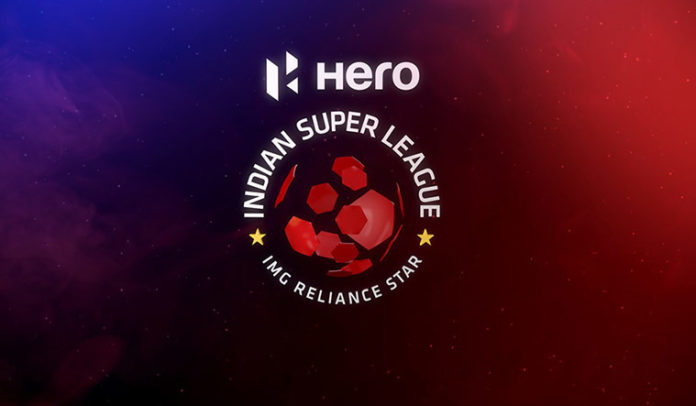Panaji: Indian Super League (ISL) had forewarned the participating clubs that the breaching of the announced salary cap will be penalized with a points deduction.
“Any club found to have exceeded the salary cap, knowingly or otherwise, shall be liable for action/sanction by the league, with possible penalties including without limitation, any or all of the following: fine; and/or deduction of points,” states article I(XX) of the ISL Coach & Player Selection Guidelines 2021-22.
The salary cap is the maximum expenditure a club is permitted to spend on player signings. It includes individual performance bonuses (exclusive of team bonus), agent/intermediary fees, and separate arrangements with players. The teams have been allotted a cap of a maximum of Rs 16.5 crore, although, it’s not a secret that the clubs have already spent more.
However the clubs are divided on their opinion regarding the decision of the restriction, while three teams have already requested the removal of the cap, four have insisted on the cap being there while the rest didn’t seem to care about the rule not being followed either way. Yet, the organization insisted on keeping the rules.
“We think that it’s necessary to have a salary cap since it brings balance to the league,” said a senior club official. “If it’s removed, it will become more of a financial battle, rather than football. The teams who have the financial strength to spend much more than any of us will simply blow away the competition. It will be uneven.”
However, there are certain loopholes which the club is ultimately exploiting, and the organization revealed that they are not oblivious to the fact.
There are obvious loopholes and signing players on loan is the biggest one,” said another official. “We can understand that transfer fee are outside of the cap, but how can you exclude loan fees? There are some teams who have signed players with zero value to the cap, since loan fees, most of the times, includes player salaries.”
According to the guidelines, “if a loaned player’s salary/fee is absorbed all or in part by the parent club, this amount will not be considered as part of the salary cap components for the salary cap value with respect to that player.”
The components for each player that contributes towards the salary cap value are exclusive of GST (Goods and Services Tax) but inclusive of all other applicable taxes.
For foreign player signings, though, the league has not specified whether the contract values are gross or net (after deduction).
The salary cap has its opponents with clubs insisting that the rule restricts them from making quality foreign signings.
“The cap makes no sense. Even in continental competitions, Indian clubs won’t make too much of progress because others are signing better quality foreigners.”
“Clubs are given the freedom to sign marquee names, whose salary won’t be counted among the cap. But marquees are not needed now. What we need are quality players, and to attract the good ones, we need to spend more,” said one official.
Organisers are keen on insisting on the salary cap as it helps in managing the cost of signing players, or else remunerations will reach “unsustainable levels.”
“There is a need to maintain a healthy competitive balance,” the league states in its guidelines.





















